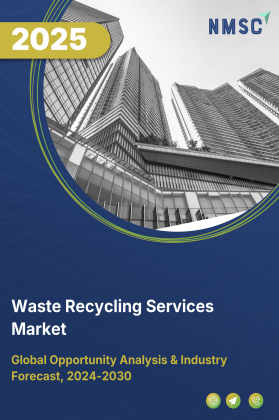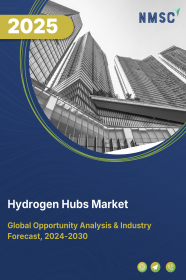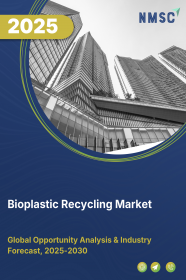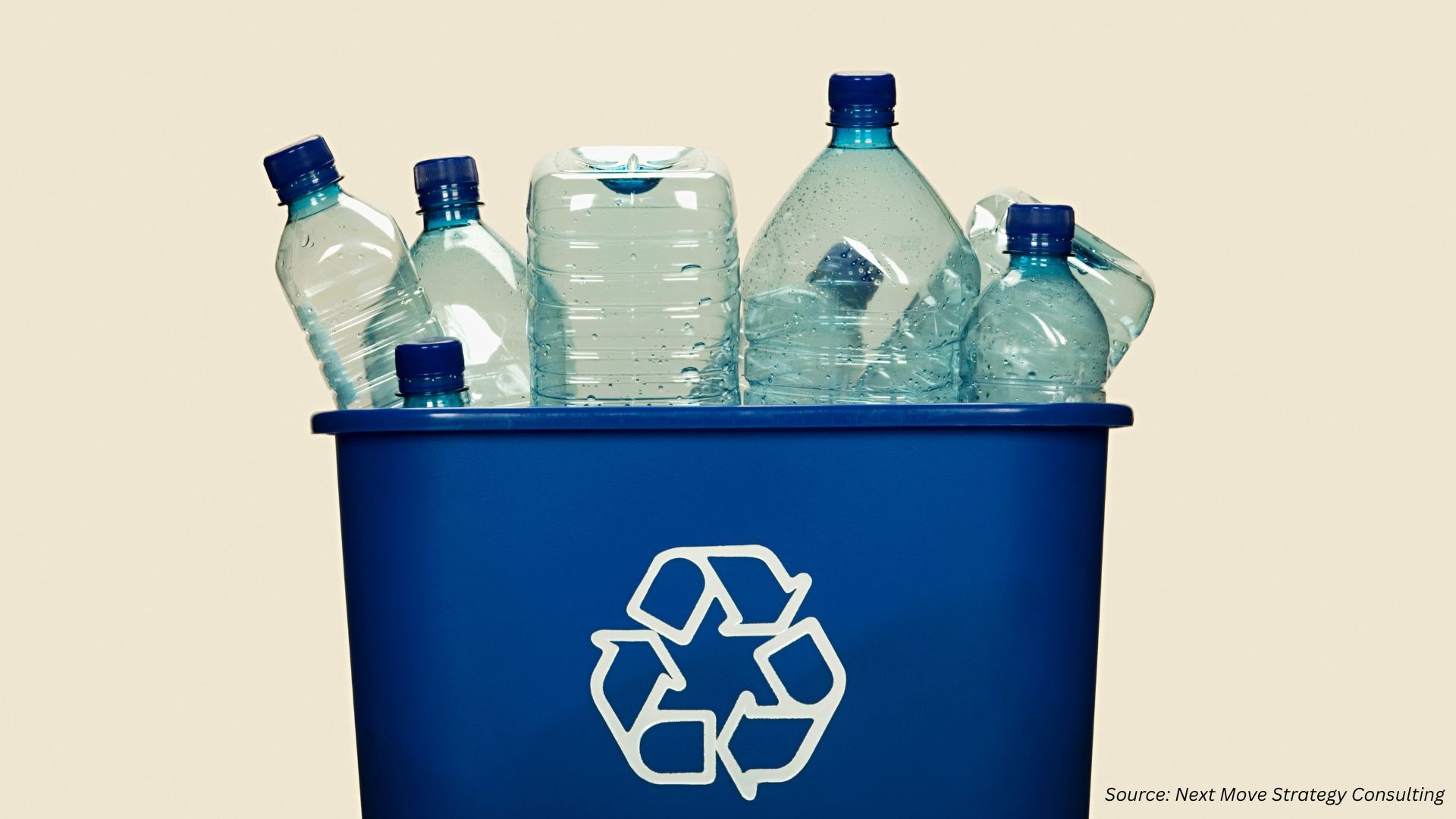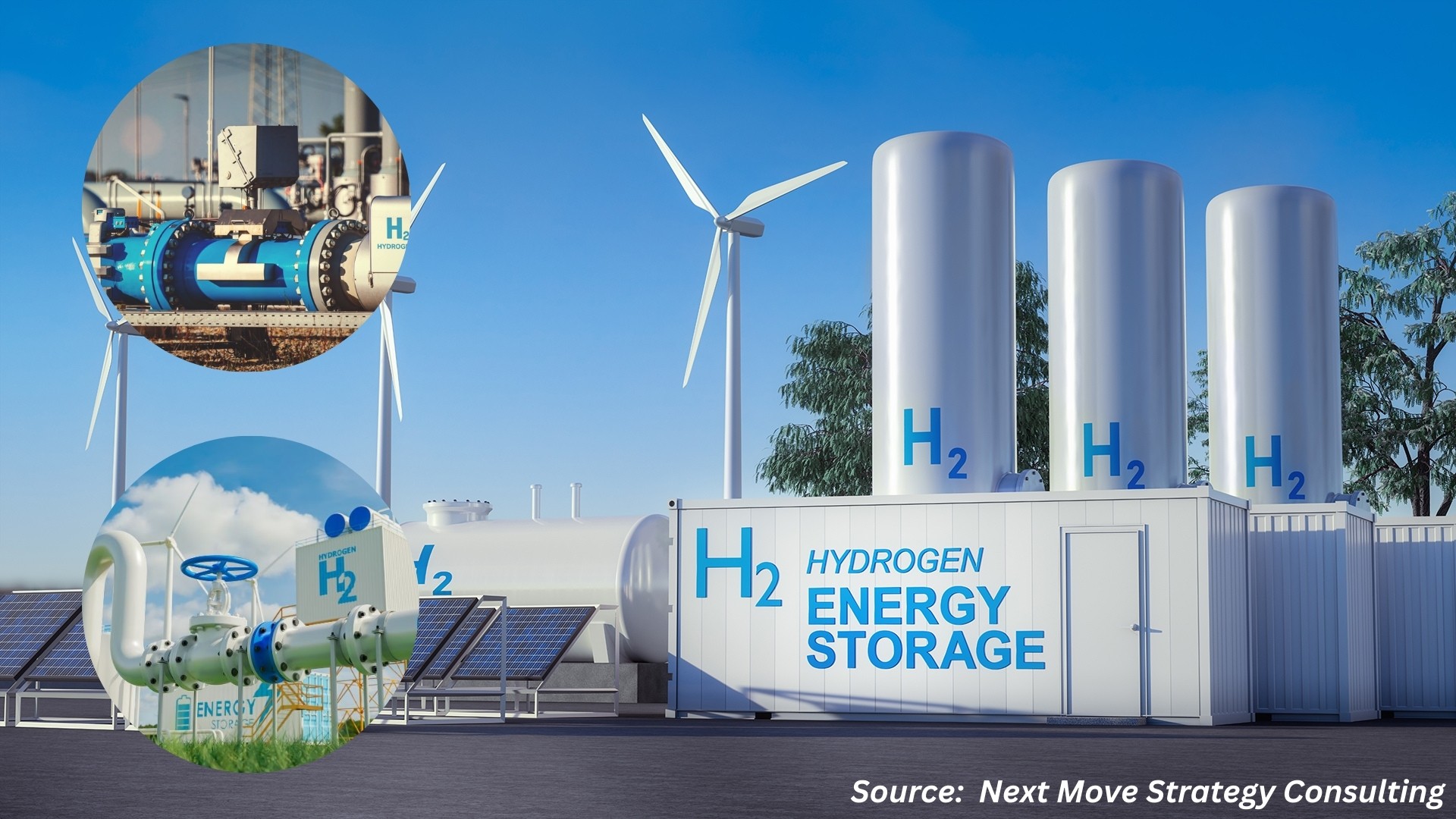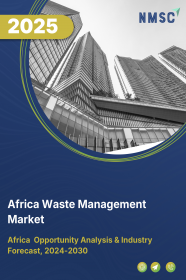
Africa Waste Management Market by Waste Type {Hazardous Waste (Solid Waste, Liquid Waste, Gaseous Waste), and Non-Hazardous Waste (Food, Paper and Cardboard, Plastic, Glass, Metal, Water, E-Waste, and Others)}, by Service {Collection (Collection and Transportation, Storage and Handling, Sorting), and Disposal (Open Dumping, Landfills, Recycling, and Others)}, by Source (Residential or Municipal Waste, Commercial Waste, and Industrial Waste) – Opportunity Analysis and Industry Forecast, 2024–2030
Industry: Energy & Power | Publish Date: 17-Oct-2025 | No of Pages: 241 | No. of Tables: 198 | No. of Figures: 143 | Format: PDF | Report Code : EP1256
Africa Waste Management Market Overview
The Africa Waste Management Market size was valued at USD 8.73 billion in 2023, and is predicted to reach USD 17.74 billion by 2030, at a CAGR of 9.6% from 2024 to 2030. Waste management involves a wide range of services and activities aimed at managing and mitigating the impact of waste generated by various sectors including residential, commercial, industrial, and healthcare.
It includes the collection, transportation, processing, recycling, and disposal of waste materials in a manner that is environmentally responsible and sustainable. E-waste management also involves the development and implementation of technologies and practices that promote waste reduction, resource recovery, and the safe handling of hazardous materials.
Key components of the waste recycling sector include waste collection services, recycling facilities, waste-to-energy plants, landfill operations, and environmental consulting services.
As awareness of environmental issues grows, the waste management market continues to expand, driven by growing population, technological advancements, and increasing public demand for sustainable waste solutions.
Rising Urbanization and Changing Consumption Patterns Drive Demand for Modern Waste Solutions
Africa’s rapid urban growth is intensifying pressure on municipal waste systems, with cities struggling to manage rising volumes of solid waste. Shifting lifestyles and increasing consumption are contributing to more diverse and complex waste streams. This changing waste profile necessitates the adoption of advanced waste collection, segregation, and processing technologies. The growing urgency to address urban cleanliness, environmental protection, and health concerns is prompting governments and stakeholders to upgrade outdated systems and explore modern, integrated waste management models.
Strong Policy Push Towards Sustainable Waste Management
African governments are actively rolling out waste management policies and regulatory frameworks to address environmental and public health concerns. National strategies now emphasize circular economy principles, extended producer responsibility (EPR), and promotion of formal recycling sectors. These policy directions are encouraging stakeholder engagement, particularly among private investors and technology providers. Supportive regulations are also fostering a shift from informal dumping practices to structured, sustainable waste management practices across key urban and rural regions.
Fragmented Waste Infrastructure Limits Operational Efficiency
The waste management landscape in Africa remains constrained by fragmented and underdeveloped infrastructure. Many regions lack access to organized waste collection systems, sanitary landfills, or recycling facilities. This limits the scalability of formal waste management operations and perpetuates dependence on informal and often unsafe disposal methods. Inadequate transport, storage, and processing capabilities hamper efficient waste flows, while also discouraging large-scale private sector participation due to operational challenges.
Emergence of Waste-to-resource Economy Opens New Avenues
Africa is increasingly exploring waste as a resource, creating fertile ground for innovation in areas such as composting, upcycling, material recovery, and waste-to-energy. These approaches not only reduce landfill reliance but also support job creation, entrepreneurship, and local manufacturing through recovered materials. As more cities and municipalities integrate circular economy strategies, opportunities are emerging for scalable solutions that convert waste streams into economic assets—especially in sectors like agriculture, energy, and construction.
Competitive Landscape
The promising players operating in the Africa waste management industry includes Averda, SUEZ, Interwaste, WasteMart, Universal Recycling Company (URC), Oricol Environmental Services, Mpact, The Waste Group (Pty) Ltd, WeCyclers, Colnet Limited, Zoomlion Ghana Limited, Jekora Ventures Limited, Veolia, SA Metal Group, Mr. Green Africa, and others.
Africa Waste Management Market Key Segments
By Waste Type
-
Hazardous Waste
-
Solid Waste
-
Liquid Waste
-
Gaseous Waste
-
-
Non-Hazardous Waste
-
Food
-
Paper and Cardboard
-
Plastic
-
Glass
-
Metal
-
Water
-
E-Waste
-
Others
-
By Service
-
Collection
-
Collection and Transportation
-
Storage and Handling
-
Sorting
-
-
Disposal
-
Open Dumping
-
Incineration/Combustion
-
Landfills
-
Recycling
-
Composting and Anaerobic Digestion
-
By Source
-
Residential or Municipal Waste
-
Commercial Waste
-
Offices and Retail Stores
-
Hospitals
-
Restaurants
-
Other Commercial Sources
-
-
Industrial Waste
-
Manufacturing Waste
-
Construction, Renovation, and Demolition Waste
-
Agriculture Waste
-
Medical Waste
-
Other Industrial Sources
-
By Country
-
South Africa
-
Nigeria
-
Kenya
-
Egypt
-
Morocco
-
Ghana
-
Other Countries
Key Players
-
Averda
-
SUEZ
-
Interwaste
-
WasteMart
-
Universal Recycling Company (URC)
-
Oricol Environmental Services
-
Mpact
-
The Waste Group (Pty) Ltd
-
WeCyclers
-
Colnet Limited
-
Zoomlion Ghana Limited
-
Jekora Ventures Limited
-
Veolia
-
SA Metal Group
-
Mr. Green Africa
Report Scope and Segmentation
|
Parameters |
Details |
|
Market Size Value in 2023 |
USD 8.73 billion |
|
Revenue Forecast in 2030 |
USD 17.74 billion |
|
Value Growth Rate |
CAGR of 9.6% from 2024 to 2030 |
|
Analysis Period |
2023–2030 |
|
Base Year Considered |
2023 |
|
Forecast Period |
2024–2030 |
|
Market Size Estimation |
Billion (USD) |
|
Growth Factors |
|
|
Companies Profiled |
15 |
|
Customization Scope |
Free customization (equivalent up to 80 working hours of analysts) after purchase. Addition or alteration to country, regional, and segment scope. |
|
Pricing and Purchase Options |
Avail customized purchase options to meet your exact research needs. |




















 Speak to Our Analyst
Speak to Our Analyst



